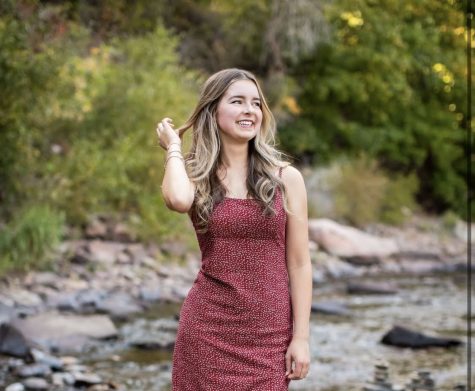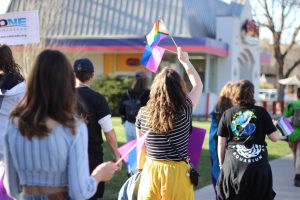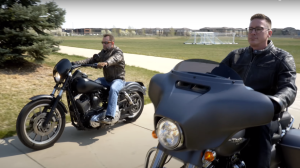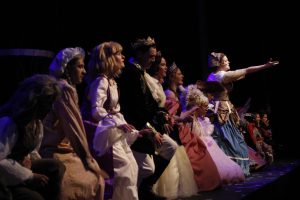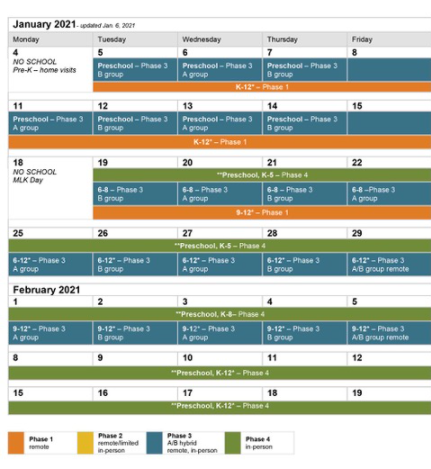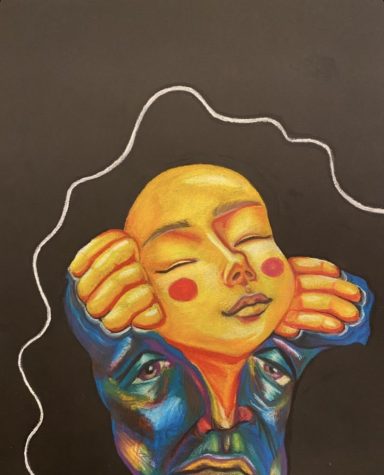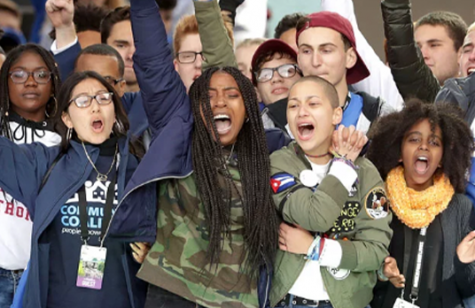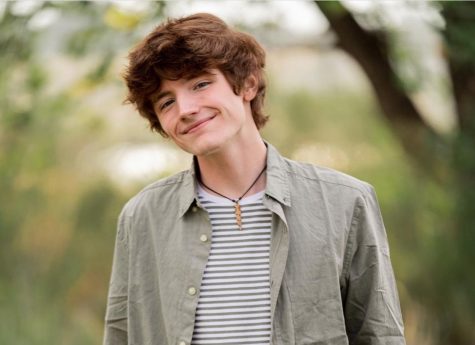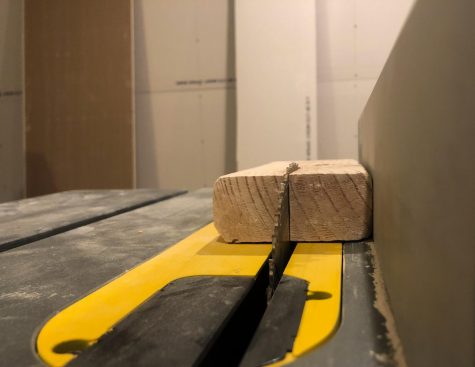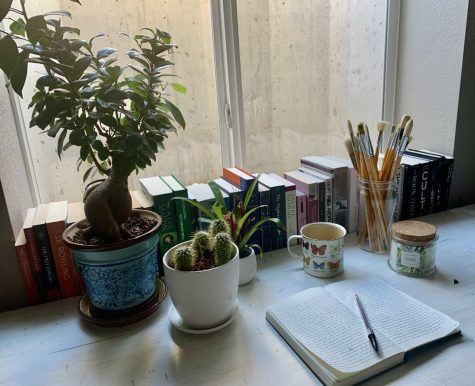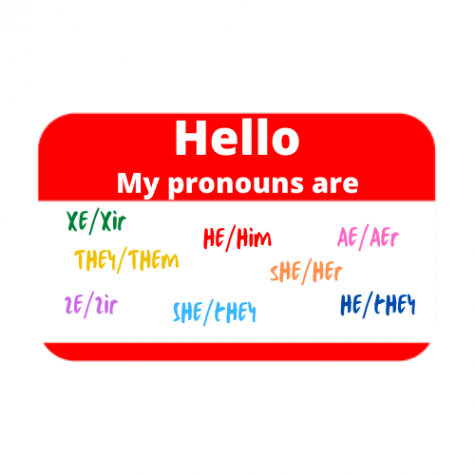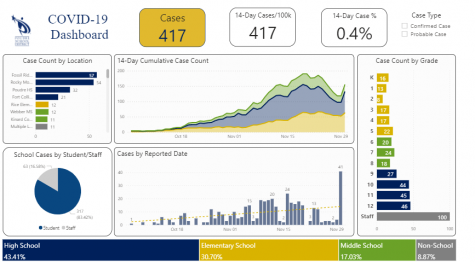Foreign language courses serve to enrich Fossil’s outlook
As of last March, all out-of-state trips are canceled by Poudre School District until at least the end of 2020. Krzyzkowski cherishes her memories from a Quebec trip she took with PSD two years ago.
November 11, 2020
Most Fossil Ridge High School students will choose to study one of three foreign languages while a student, these being Spanish, German, or French. However, each student has a unique experience with speaking a new language.
Many feel uncomfortable speaking outside of the classroom as Junior Sage Krzyzkowski states, “I do not want to accidentally offend someone with minor mispronunciations.”
Krzyzkowski has traveled with Fossil to Quebec and was able to use the language with native speakers, but in Northern Colorado, that is a different story. Krzyzkowski remembers the difference in accents and subtle differences in the technical language as European French is primarily taught at Fossil, not Canadian French.
“They just weren’t as understanding of where I was coming from, only having studied French for two years at this point,” says Kryzkowski.
However, she learned a lot from her trip and plans to join her French class on a trip to France, Belgium, and Switzerland later this year, and eventually move to Europe.
This feeling of uneasiness is common among foreign language students, no matter the level.
Polina Zaytseva, a Senior in Advanced Placement Spanish, states that “the interaction, the experience, has to be genuine,” in order to feel comfortable speaking outside of the classroom.
Zaytseva is also fluent in Russian, and says that having another language in her back pocket helps her to form words because English is not “the norm”. But similar to Krzyzkowski, she worries her mistakes may offend a native speaker.
Norma Arroyo has taught advanced Spanish for roughly twenty-five years, and over that time she has seen that “the enthusiasm for learning a second language has grown and that more students are opting not only to take it, but to stay with it longer.”
Arroyo also notes that students who are able to understand native speakers feel validated in their learning but getting there is scary for many students. When it comes to making this journey easier, “you cannot replace life experience,” says Arroyo. . . . learning language opens peoples minds, makes us better citizens. — Norma Arroyo
The “living language” is the culture, accents, lingo, and other aspects of a language, besides the technical words and definitions. This “living language” is difficult to understand without experience with native speakers.
Arroyo states, “it is no different than playing an instrument or playing a sport, watching it you can learn the game, but playing it makes you a player.”
Of course, the foreign language courses at Fossil already teach much more than just definitions, but this transition outside of the classroom can feel uncomfortable for students.
“Language classes are the best for teaching culture and tolerance. Traveling and learning language opens people’s minds, makes us better citizens,” says Arroyo.
Arroyo hopes to continue to see students “love learning and be intrigued about how others think.”
She states, “I want them to continue learning Spanish, use it in their work, their life and feel competent and empowered by their ability to communicate to more people when doing so.”
As students keep studying this living language, they gradually adopt skills that will help them in the real world as they become well-rounded students. Although it may seem scary to test out your formal skills with native speakers, there is nothing more enriching or effective than to learn the “living language”. The skills foreign language students learn will enhance and personalize their view of culture forever, and can only improve through conversations outside of the classroom.




